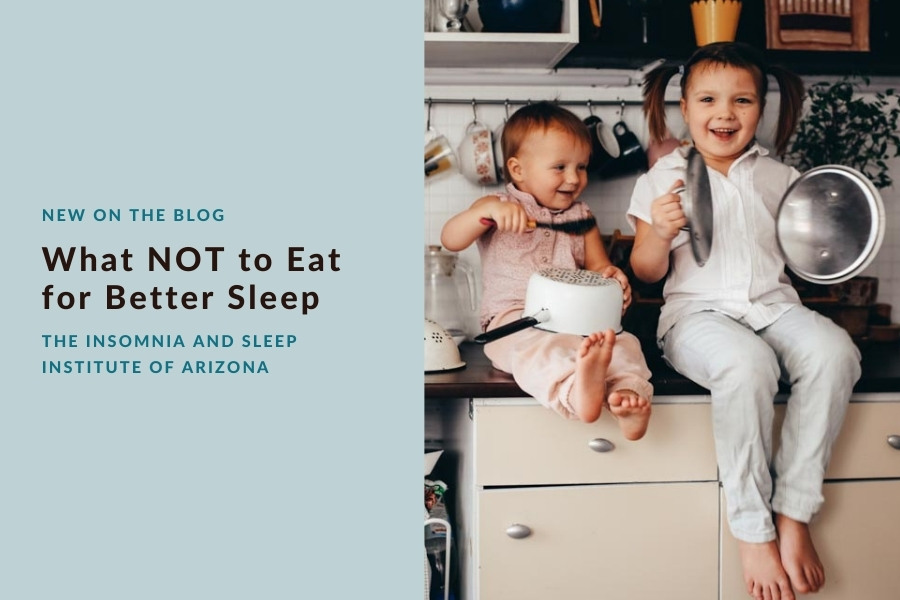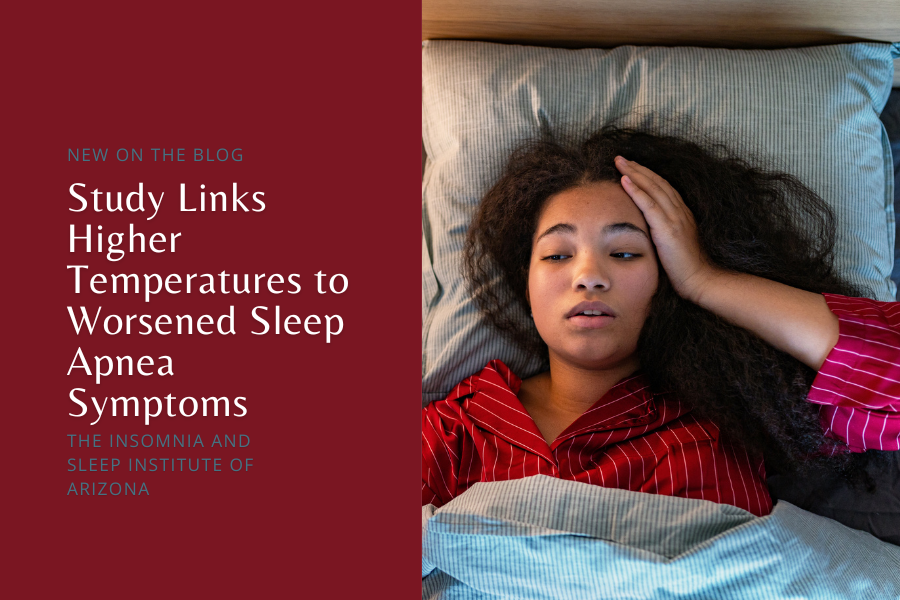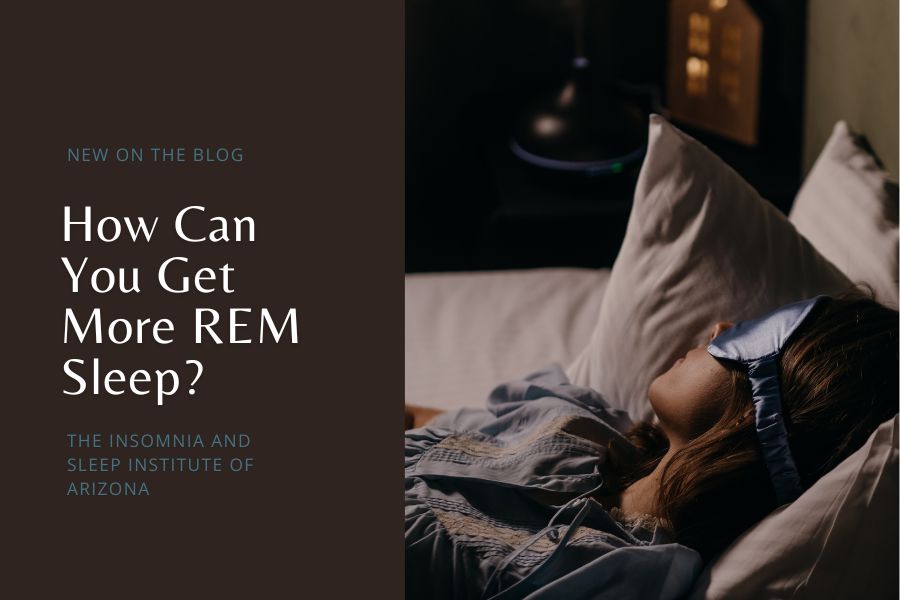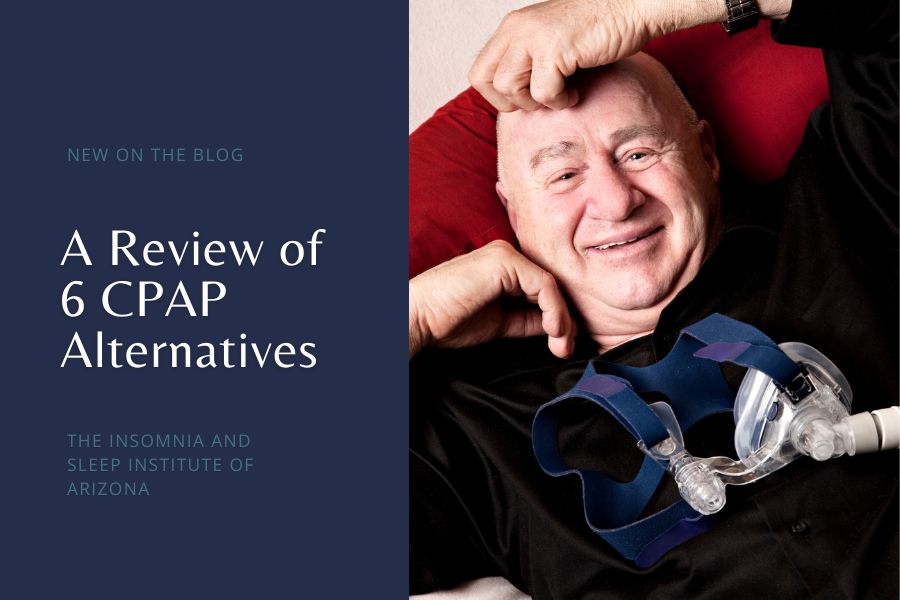What you eat for dinner matters in many ways—including the quality (or lack thereof) of your sleep. The Insomnia and Sleep Institute of Arizona prioritizes conservative measures whenever possible when it comes to helping you achieve the sleep you need, and that includes sleep hygiene best practices. What you eat, or don’t eat, for dinner can make a world of difference. While it’s true that what’s considered “healthy” shifts over the years, one thing that has never changed is the importance of sleep. Still, about 11 percent of people in the U.S. find good sleep a challenge, according to the American Sleep Apnea Association.
Food fashions come and go. And even what’s considered healthy can change, be subject to new scientific research, there can be changes in food production, and, yes, tastes. But one thing that never changes is people’s need for sleep. For many Americans (11%, according to some studies), a good night’s sleep is elusive, per the American Sleep Apnea Association. There is a myriad of factors that go into good sleep hygiene, from lighting to physical activities, screen time, and hormones, but one of the quickest ways to improve your sleep is by avoiding certain food before bed.
Foods that Fight Sleep
Before we explore which foods to avoid, remember that eating a lot of anything for dinner isn’t a good idea for a good night’s sleep. Instead, try to finish your meal at least two hours before bedtime to allow adequate digestion. Your body should be able to focus on resting rather than digestion. One of the biggest things to avoid before bed is a large amount of protein, according to dietitians—which is contrary to many typical dinners that are protein-rich. Shift these meals to lunchtime instead. Protein is a complex food that your body needs to work harder to break down. This is why it’s such a good choice right after a workout.
Another common pre-bed indulgence to ditch is alcohol. Many people pair wine with dinner or have a night cap to “wind down,” but it actually has the opposite effect. Alcohol is known for messing up your sleep quality, which is why after a night out you typically don’t sleep well. If you really count on a drink at night, move it up a bit to happy hour or when you immediately get home from work. Of course, you’ll also want to avoid caffeine for obvious reasons. If coffee after dinner is a must, make sure it’s decaf (but remember decaf still has some caffeine).
What You SHOULD Have for Dinner
Now that you know what to avoid, it’s time to stock up on a few options for dinner—starting with carbohydrates. They are the best option before bed because they don’t demand as much energy for digestion. You can even double down and choose a carbohydrate that has sleep-promoting perks like cherries or cherry juice.
Whole fruits are typically a good choice, especially bananas since they have tryptophan (which kick-starts calming hormones). Plus, bananas are rich in potassium and magnesium, found to be great for muscle relaxation. In fact, if you have restless leg syndrome (RLS), eating more bananas is often the first, conservative recommendation. Kiwis are full of serotonin, which is important for a managed sleep/wake cycle. Finally, there’s whole-wheat toast or oatmeal, both of which are brimming with magnesium which calms cortisol levels, the stress hormone that disrupts sleep.
The Sleep You Deserve
The old tradition of warm milk before bedtime has many experts split (specifically how dairy might affect the body). The New York Times recently reported on studies that support the soothing properties of this drink, but there may also be a placebo effect happening here. Regardless, a warm drink without alcohol or caffeine before bed is a very common part of a good sleep hygiene regimen.
Ready for more help on getting the sleep you need for a full life? Get in touch with a sleep expert today. Contact The Insomnia and Sleep Institute by calling the office or, for the quickest response, complete the online contact form right now.








